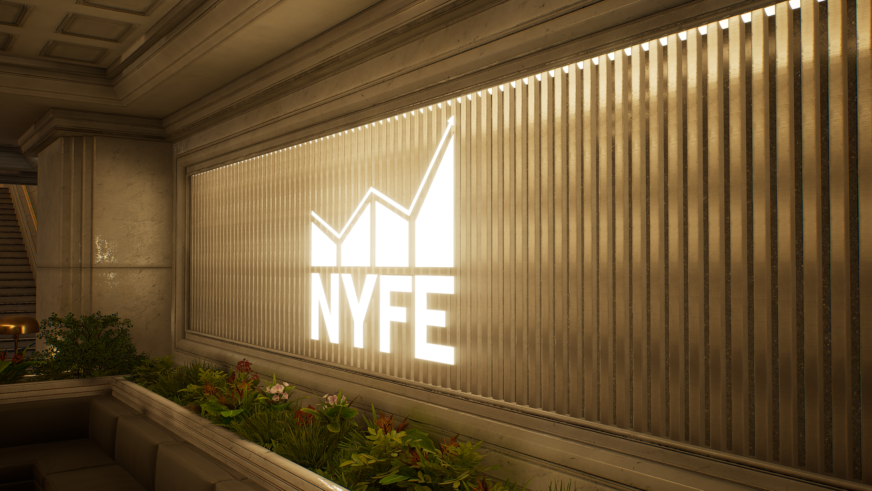The stock market, the sacred playground of finance bros and hedge fund titans, was brought to its knees this week when the masked villains dropped in—literally—through the roof of the New York Financial Exchange.
Dressed like demented clowns, the gang swept through the trading floor with guns blazing and an absolute disregard for the stock market’s unspoken rule of “only robbing people legally.” Witnesses described the scene as absolute chaos, with brokers—those same smooth-talking guys who yell into phones all day between frivolously spending your grandmother’s pension and supporting the cocaine industry—sprinting for the exits like they were trying to outrun last quarter’s terrible earnings report. One broker attempted to fend off a robber with a latte. Naturally, it did not go well. “This is worse than the meme stock crash,” sobbed a trader while watching the chaos unfold from under a desk. He clutched his smartphone in horror as he realized he could no longer tweet market updates. A tragedy, truly.
The gang wasn’t just interested in a quick cash grab. They pulled out some unknown device that reportedly siphoned billions straight out of the stock market. One analyst, still sweating after sprinting away from gunfire, remarked, “They can’t do that; that’s illegal.” The mystery device emptied the market faster than a hedge fund dumping a failed tech stock, leaving the economy gasping for air like a junior banker after a weekend bender. But just when you thought things couldn’t get worse, the villains detonated an EMP, knocking out the entire system. With the stock market officially offline, Wall Street had no choice but to watch their beloved tickers flatline. For a brief, glorious moment, it looked like capitalism itself had been hacked, and every finance bro’s worst nightmare—unironically losing money—had come true.
As the dust settled, companies scrambled to salvage what was left. Lynxguard, which prides itself on its bulletproof reputation, saw its stock collapse faster than its latest security solutions. “Well, this is awkward,” their CEO said in a statement, likely while shredding every security contract they’ve ever signed. Meanwhile, Quantz, the tech firm trying to do everything, blamed the crash on a “market hickup” that sounds suspiciously like “we have no idea what happened, but please keep buying our stock.” Security at the market seems to have failed spectacularly, putting up no more resistance than a tissue paper in a typhoon. Bringing more critique to the already embattled GenSec. The overall damage was catastrophic. Stocks plummeted, hedge fund managers openly wept, and billionaires briefly tasted the horror of being mere millionaires. Gold & Sharke, Wall Street’s favorite bank mogul, immediately lawyered up to sue everyone from the NYFE to the clown supply store, declaring the crash had hurt their “brand value.” Meanwhile, Scry Digital, the AI company that predicted the future, and lost, failed spectacularly to foresee their own stock going down in flames. “Our AI didn’t account for masked criminals,” their newly re-instated CEO Andrew Kang admitted, adjusting his tie while nervously glancing at a suddenly empty office.
As for the masked criminals? They’re still at large, probably lounging on a yacht, laughing at how easy it is to rob the system that robs us every day. The FBI, once confident they’d catch the gang, are now considering hiring them as financial advisors. After all, the criminals caused more market disruption in one day than a whole year of speculative bubbles. The real victims, or so they tell us, are the finance bros. Stripped of their precious portfolios, they are now forced to do the unthinkable: work. “I thought diamond hands would save us,” one sobbed into his silk vest. But it turns out, in a world where clowns are running the show, even the most iron-clad diversification strategy can’t protect you.
And so, the market will recover—as it always does—but for now, Wall Street is left with one brutal lesson: never underestimate the power of clowns. Especially ones with better market timing than your average hedge fund.

